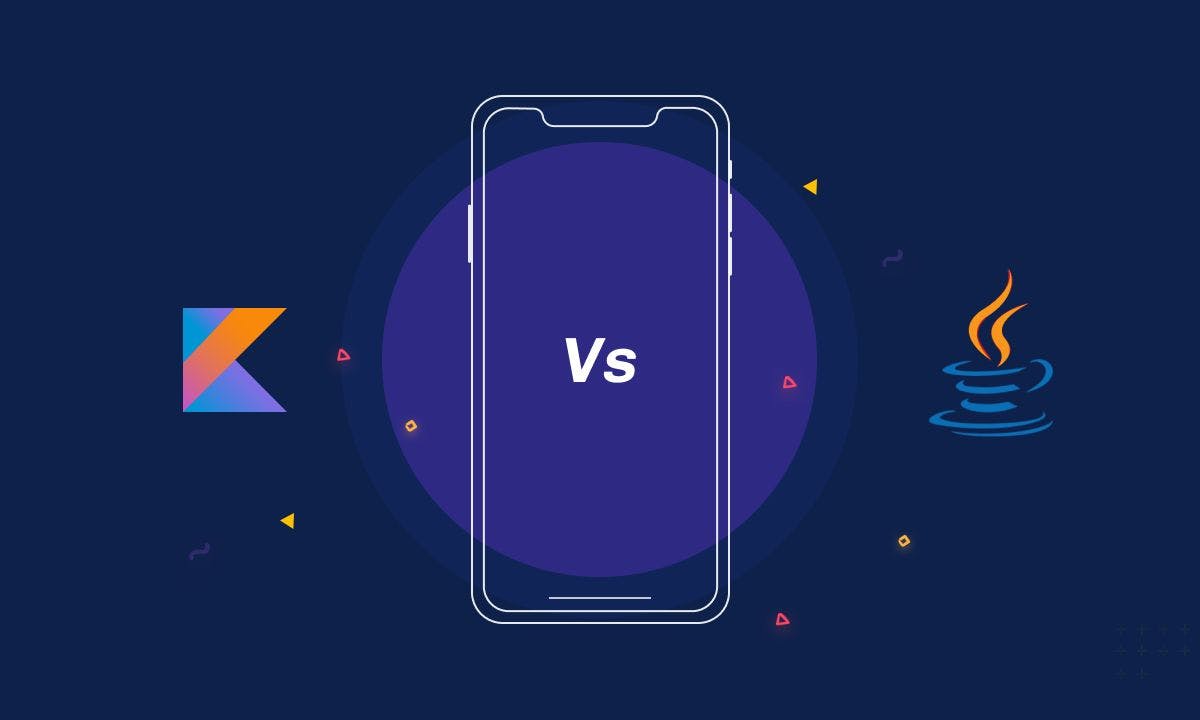716 reads
Kotlin vs. Java - Which One to Choose for Your Next App?
by
October 25th, 2021
Audio Presented by

PixelCrayons is one of the top IT and software outsourcing companies in India.
About Author
PixelCrayons is one of the top IT and software outsourcing companies in India.
